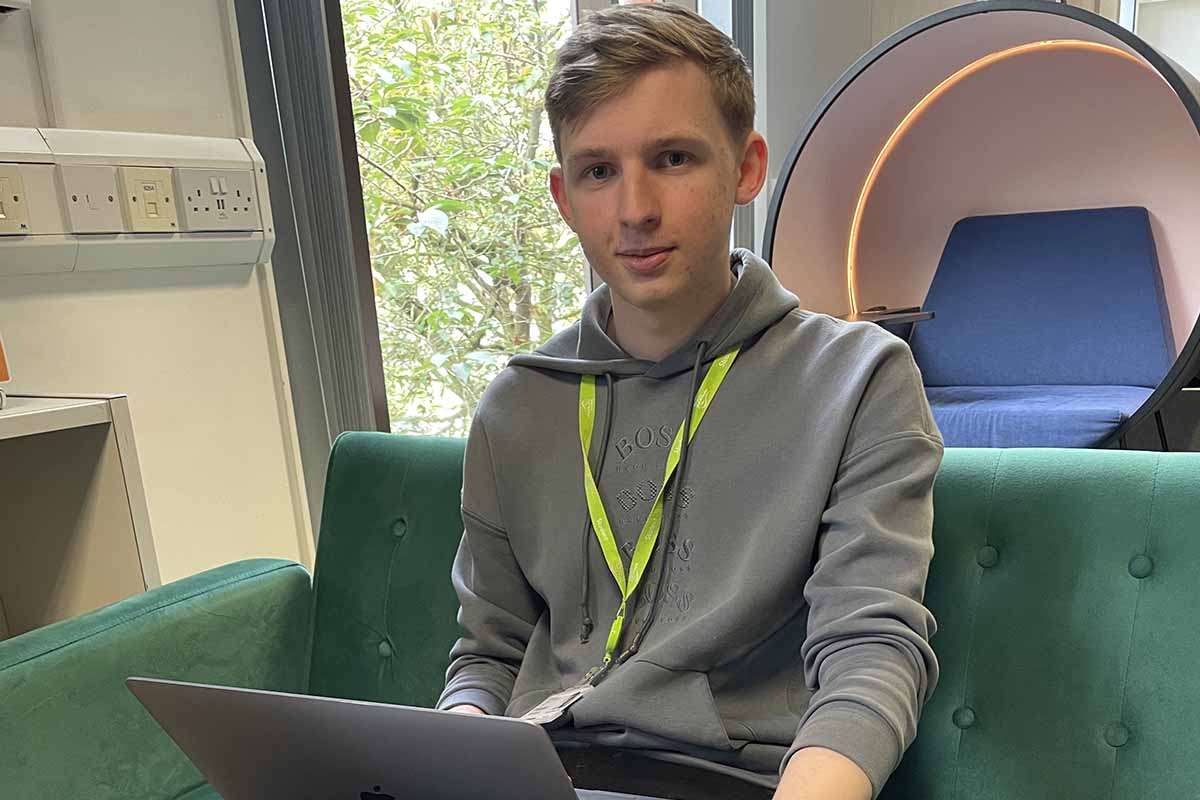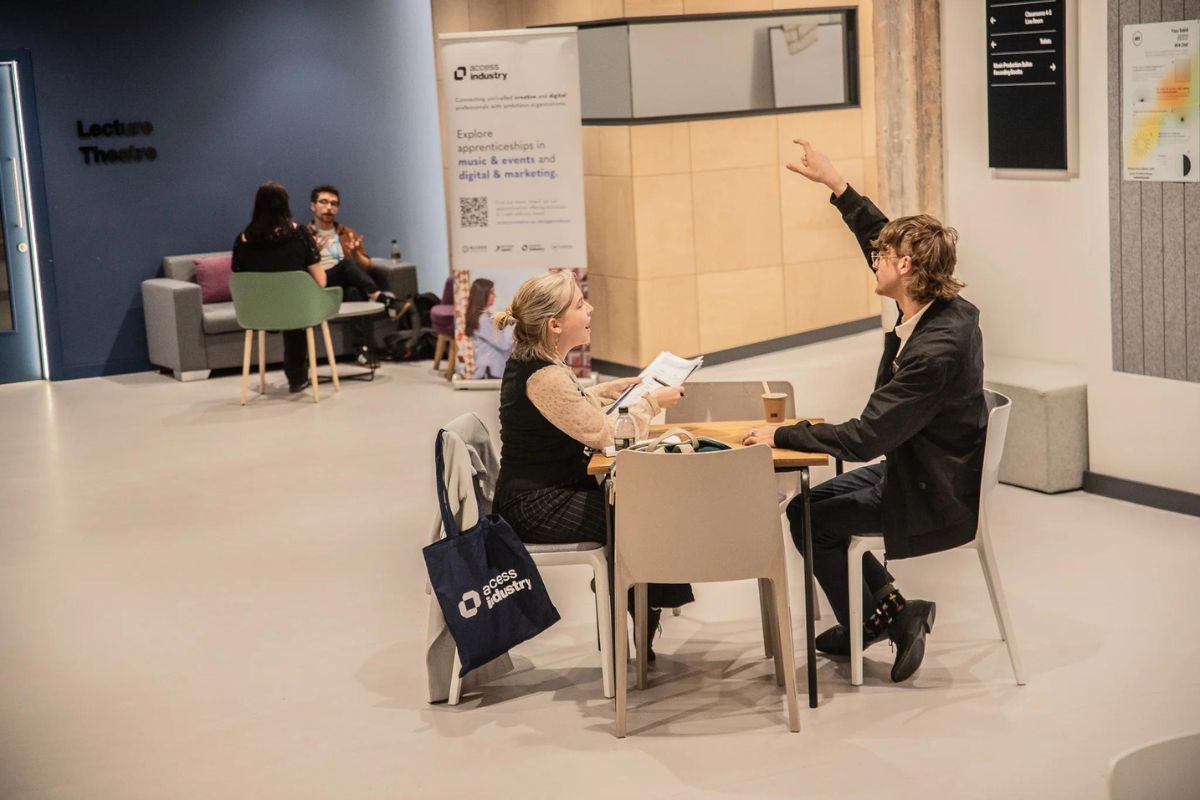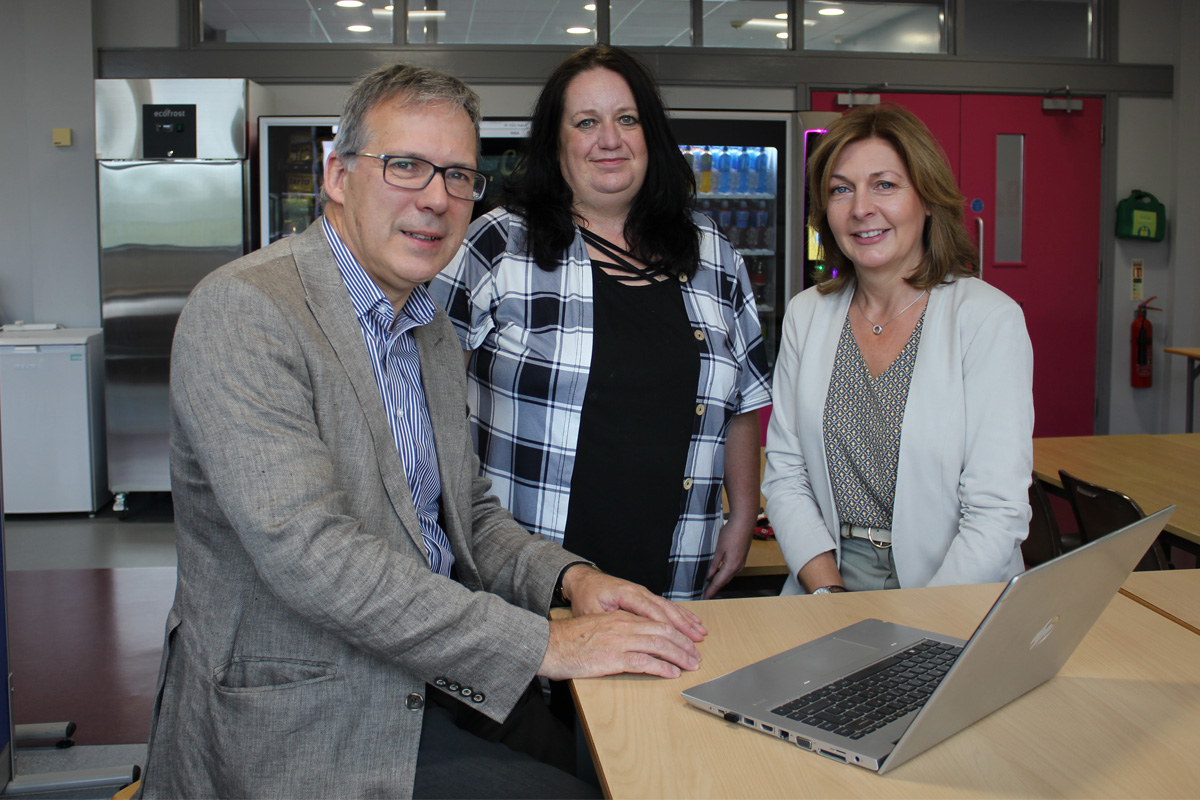Enriching education for disadvantaged young people

Evidence-based Outdoor Adventure Education residentials for 16-17 year olds via the government-funded National Citizen Service
A growing number of studies suggest that being in green spaces significantly contributes to improvements in young people’s mental health, wellbeing and stress coping mechanisms. Nonetheless, the British Mountaineering Council reports that substantial numbers of youngsters, particularly those from disadvantaged households have restricted access to outdoor spaces. Furthermore, its research also reveals that one in ten people feel uncomfortable going to the countryside to take part in outdoor activities, with 18-24 year olds four times more likely to report this feeling than 45-54 year olds.
According to a survey conducted by journal Ambio last year, Britain is currently at the bottom of 14 nations in Europe in terms of ‘nature connectedness’, a concept that measures the closeness of individuals’ relationships with the natural world.
Given that being in the outdoors is widely recognised as having a positive impact on health and mental wellbeing, it is paramount that outdoor experiences are encouraged, inclusive and a part of everyday lives.
Being outside the classroom
Coinciding with Outdoor Classroom Day on 18 May this year, the Government announced a £15million funding programme to increase access to improved outdoor learning facilities for nurseries, schools and colleges in disadvantaged areas where natural greenspaces are limited.
With the second annual Outdoor Classroom Day approaching on 2 November, the evidence continues to mount demonstrating the inextricable link between the goals of outdoor adventure experiences and improved resilience and wellbeing in young people.
Exposure to experiences beyond the four walls of a classroom brings about challenges in a less predictable environment, where young people can be nurtured to behave in independent and creative ways. During well-constructed Outdoor Adventure Education (OAE) programmes, children are encouraged to experiment, work as a team and view failure as an opportunity to learn, not an excuse to give up.
Bridging the social gap
Equipping young people with the tools to adapt their behaviours can have a positive impact on their growth into resourceful adults. Given the current concerns around children’s health, wellbeing and connectedness amidst a widening gap that is leaving some disadvantaged children behind, there has never been a more pertinent time to enrich young people’s lives and learning through the uplifting and transformational experiences that OAE provides.
Yet, amidst the cost-of-living crisis, the gap between disadvantaged children and their peers is becoming more palatable. There is a critical need for all young people to lead active lives, to help build self-esteem, reduce anxiety and develop a sense of self-identity in an evolving world, but according to the Youth Sports Trust, families are being priced out of sport and physical activity, hindering the healthy growth and development of our future generations.
Evidence-based OAE residentials offered via the government-funded National Citizen Service could provide a solution at minimal cost to this growing problem.
Low cost, high impact solutions
During February and March 2023, the programme of free to access OAE residentials were offered to 16-17 years olds via the government-funded National Citizen Service, targeted towards young people who may be experiencing challenges to their mental health and well-being while adjusting to the rigours of a post-covid climate. The innovative Skills4life programme of adventure and vocational skills activities aimed to hone the four Cs of 21st Century Skills – creativity, collaboration, communication and critical – to support the development of positive adaptive behaviours of young people to combat stress, bounce-back from adversity and to follow a trajectory of growth (bounce-beyond ability).
The programmes were delivered by evidence-based outdoor learning company Inspiring Learning at its residentials provider brand Kingswood, which partnered with Sheffield Hallam University to evaluate transformation and outcomes based on 1,000 participants across 10 Kingswood Residential Centres.
The project revealed a 36% increase in resilience and 23 % in wellbeing following evaluation of qualitative data, surveys and feedback.
Significantly, the most powerful experiences within the programme which impacted increases in participants’ resilience and well-being included learning new skills, freedom of choice, solving personal problems, and being immersed in nature.
For young people from a range of backgrounds who may not have accessibility to multi-sensory environments, the unfamiliarity of being inspired by the countryside in bringing about changes in perceptions of their adaptability and personal growth is a positive observation.
The evidence shows that residential experiences set young people on a positive trajectory to greater resilience, generating improved health and connections. Notwithstanding, there is a distinct lack of awareness of how accessible residential experiences are.
Access-for-all residentials
Kingswood, part of evidence-based outdoor education provider Inspiring Learning, works in partnership with the National Citizen Service to offer Government-funded National Citizen Service residential programmes for 16-17 year olds. Available for groups and communities across the country at Kingswood Centres until March 2024, young people can dive into five days of activities based on 21st century skills development via three core modules presenting different challenges designed to ensure that everyone learns the essential skills to succeed.











Responses